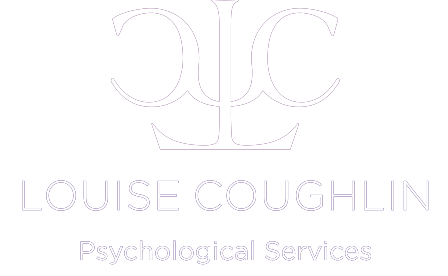
What types of therapy are available?
There are a range of psychological therapies. I offer therapy based on Cognitive Behavioural Therapy, Acceptance and Commitment Therapy and Eye Movement Desensitization and Reprocessing Therapy. I will make an assessment as to which therapy, or therapies are likely to work best for your individual needs. This assessment will be discussed with you and the benefits of the different therapy options will be explained. For more information about what to expect in therapy click here.
Cognitive Behavioural Therapy (CBT)
Cognitive Behavioural Therapy (CBT) is based on the idea that our thoughts, feelings, physical sensations and actions are linked. When we experience difficulties we can find ourselves trapped in a vicious cycle. For example, sad feelings can trigger sad thoughts leading to us withdrawing from others, so increasing the sadness. By understanding this cycle the therapist and client can identify strategies to manage the thoughts and feelings. Clients learns how to break overwhelming problems into smaller parts, so they become easier to cope with. In doing so they will find new ways to lead the life they want.
Acceptance and Commitment Therapy (ACT)
Acceptance and Commitment Therapy (ACT) encourages us to embrace thoughts and feelings rather than fighting or trying to get rid of them. ACT encourages mindfulness, which helps the individual focus on what is happening in the 'here and now', rather than fears about the past or the future. During therapy the client learns a variety of techniques to help them achieve these changes. The therapist will help the client explore whether or not the decisions they make are based on what is truly important to them (core values). The client and the therapist will then establish goals that empowers the client to make committed action to live their life by these values.
Eye Movement Desensitization and Reprocessing Therapy (EMDR)
Eye Movement Desensitization and Reprocessing (EMDR) is a therapy that helps people manage emotional distress. After an emotionally distressing event it is thought that during (REM) sleep a healing process occurs. When asleep the brain sorts these thoughts, feelings and physical responses making the memories more manageable. However, at times the links between the different parts of the brain get blocked meaning that the distress does not go away. During EMDR the therapist will identify the disturbing memories, thoughts, emotions and physical responses linked to these events and will use eye movements (or sometimes sound or tapping) to mimic REM sleep. This therefore enables the event to be more manageable, reduces the emotional distress and therefore gives the client the opportunity to live a more healthy life.
